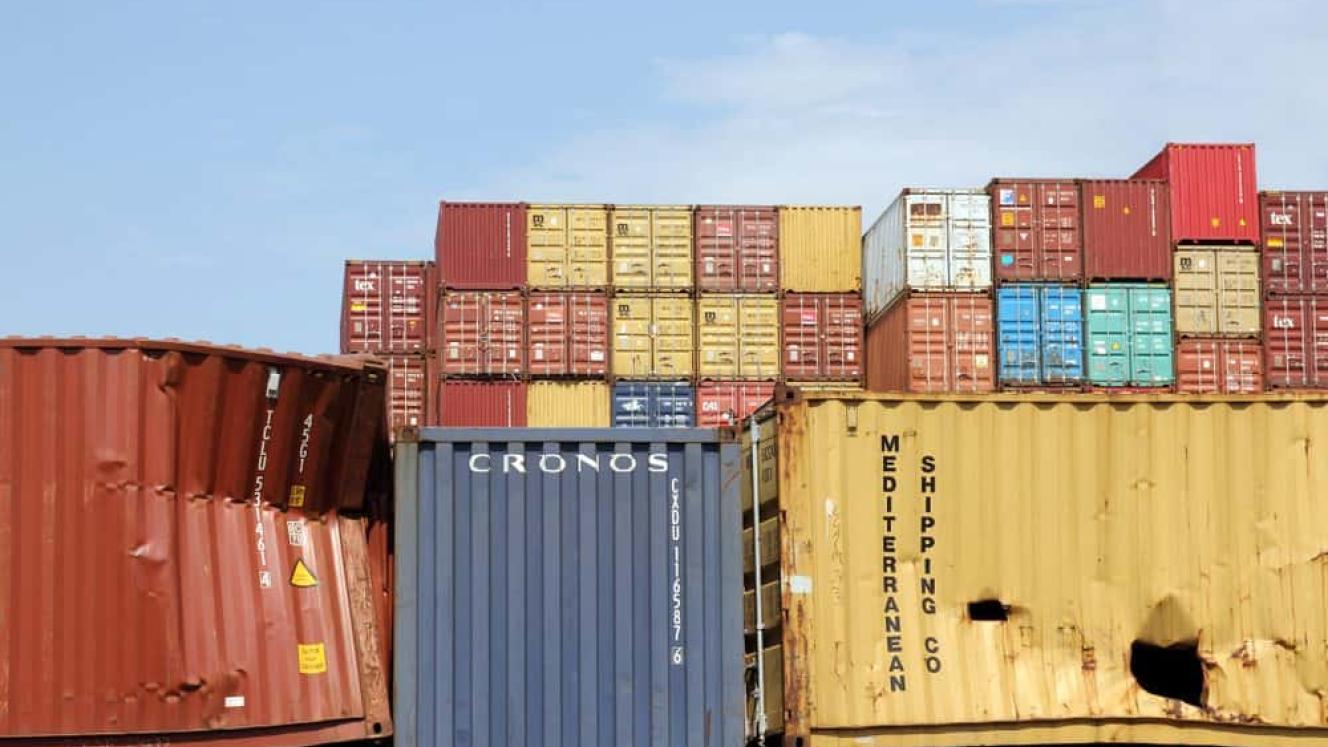The myriad claims that insurers face on a daily basis highlight a key industry issue – lack of knowledge when it comes to types of claims, liability and what to do next.
In this column Beulah Ramjith provides a step-by-step guide to help prevent costly errors.
Who is responsible for freight damage?
As a freight agent, you're not responsible for cargo loss or damage claims. Whatever the reason for the loss or damage, you need to understand the process of dealing with claims and be prepared to assist your shippers when necessary. You will also need to ensure that all your shippers sign a contract to mitigate your risks and losses. You will also need to advise your shipper of your claims process from the onset to avoid disagreements later.
Different types of claims
- Shortage : missing pieces in the consignment
- Loss : consignment is lost in transit after collection
- Concealed : Consignment was damaged but only reported after delivery is complete
- Damage : visible damage to the consignment
Carrying goods on behalf of a customer brings with it the risk of damage to or theft of the goods. The appropriate cargo insurance cover protects a freight transporter for any damage and/or loss to third party goods while in their possession for transit. Cargo insurance gives you coverage for the duration of the shipment's journey. You can protect your shipment against damage or loss, the result of external factors. With cargo insurance, you can even protect your shipment while it is on land but still en route to the buyer.
When you learn of a potential claim—possibly from the shipper, consignee or driver—immediately notify the carrier and dispatcher.
How the claim is handled often depends on the amount in question and the history and reputation of the shipper. For a small claim, where damage was clearly noted on the delivery receipt, the carrier will probably pay without a detailed investigation. For a larger claim, the carrier may send out an inspector to take a look at the damaged goods. Keep in mind that although common carriers are generally liable for loss or damage to the goods they carry, they're not responsible for losses occurring due to acts of God, war or government; through defaults on the part of the shipper; or for losses resulting from the nature of the goods.
Shippers usually have standard forms used to file their claims. All you need to do is provide the shipper with the name and address of the carrier in question and, if necessary, assist them in reaching a fair and prompt settlement.
If your shipper isn't familiar with procedures for filing a claim, explain that they'll need to submit the following information to the carrier on a signed form:
- Carrier’s name and address
- Total claim amount
- Date of pickup
- Date of delivery
- Claim history
- Shipper’s full name and address
- Consignee’s full name and address
- Damages or shortages
The shipper will also need to attach any required or appropriate supporting documentation, including:
- Bill of lading
- Invoice
- Inspection report, if any
- Itemised statement of loss
The carrier has 30 days to either pay the claim or acknowledge the claim and advise the shipper what else is needed to process the claim. The law requires carriers to investigate claims promptly and either settle the claim within 120 days or advise the claimant of any delay and then continue advising the claimant of the status of the claim every 60 days.








